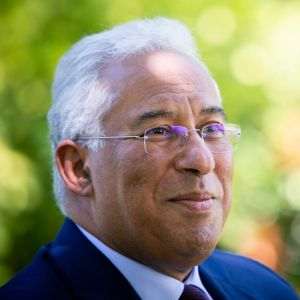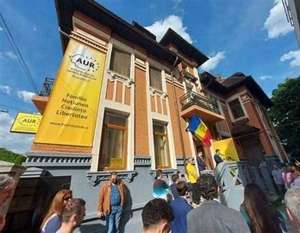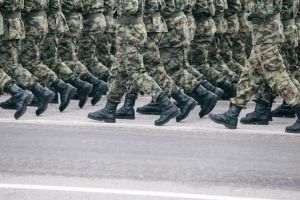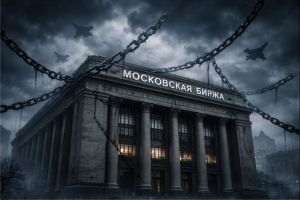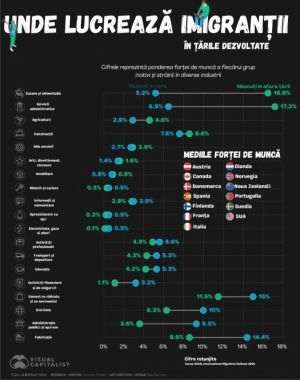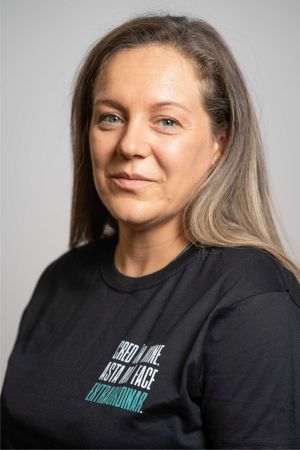The lack of mutual understanding represents the main hurdle to improving the relations between Iran and the Western countries, says His Excellency Bahador Aminian Jazi, the Iranian ambassador in Romania. "If we don't succeed in understanding in each other, this can create mistaken mutual perceptions, which affect our actions. We need to overcome this obstacle and to promote a tighter cooperation", he said, at the end of the international conference "The European Union and the Middle East - Iranian points of view", which was held on October 23rd and 24th.
The goal of the event, according to the Iranian ambassador, was to present Tehran's perspective on the issues that the Middle East is faced with, but also on the opportunities which the area offers to the countries of the European Union. He said: "We are part of that region, which allows us to understand it better than the players which are farther away from it. Also, Iran is the only country in the Middle East which has a true, participative democracy, in which the voice of the citizens is being listened to. This makes us a good partner for the European Union in its approach to find out what the inhabitants in the region believe".
One of the main threats for the Middle East is religious extremism, which Iran also tries to fight, Bahador Aminian Jazi says. "Unfortunately, in the past, the Western countries helped the growth of some of the extremist organizations which we are fighting today", the ambassador says, who went on to say: "The rise of the Taliban, for instance, is a consequence of the policy the West pursued in Afghanistan. Now they are very powerful, not just in Afghanistan, but in Pakistan as well. In Syria, some rebel factions are affiliated to al-Qaeda and despite that fact, they receive support from the Western countries. This is not beneficial for peace and the stabilization of the Middle East. We call upon Europe to look differently at the region".
The topics debated in the conference included, aside from the efforts to fight extremism, terrorism, organized crime and the situation in Syria, the stabilization of Afghanistan, the relations between Israel and Palestine, Iran's nuclear case and its role in ensuring the energy independence of the European Union.
On the latter subject, Bahador Aminian Jazi claims that the Iranian energy sector offers significant opportunities to the European companies. "We have a tight cooperation in the energy sector with countries such as China, India or Pakistan. Unfortunately, Europe isn't taking advantage of the opportunities we are offering", the ambassador says.
Iran can also play an important part in stabilization process in Afghanistan, after the withdrawal of the US army, scheduled to be completed next year, considering the long lasting relations between the two countries and the fact that they share a border which spans 900 km, according to him. "Ignoring Iran in that regard is detrimental to any effort to bring peace and stability to Afghanistan", Bahador Aminian Jazi warns.
Iran has been in conflict with the Taliban ever since the time they were being backed by the US, and during the American attack on Afghanistan, it provided Washington with support, the diplomat says.
The main problem in Afghanistan is the aversion of its population to foreign occupation, and with the US being viewed as a force of that occupation, its presence contributes to the spread of extremism and of support for the Taliban, the Iranian official considers. "If we give the Afghan population the power to fight the extremism of the Taliban and the drug trafficking that produces their revenues, we will get better results than we would under foreign occupation", Bahador Aminian Jazi considers.
The conference which took place a few days ago represents a first step towards Iran's plan to more strongly communicate its position on matters which affect it, "opening a window", as the ambassador told us. "We need to speed up the dialogue with Europe, to generate a better mutual understanding and we hope that this event will only represent the beginning", he says.
The reason why Bucharest was chosen as a location for such an event was that Romania can act as a mediator between Iran and the European Union. "Over time, Romania has played the part of a bridge between the West and the East and we hope it will continue to do so in the future", Bahador Aminian Jazi also said.
Lately, Iran has shown signs of openness and negotiation with the international community.
Tehran wants to "remove the international concerns" about its nuclear program, Iranian Foreign Affairs minister said on September 6th, after a phone conversation with the head of the European Diplomacy, Catherine Ashton.
After the negotiations in Geneva begun, on October 15th, the United States praised Iran's more serious approach. White House spokesperson Jay Carney, considered Tehran's approach in the negotiations concerning the nuclear program as "useful".
Also, on September 27th, American president Barack Obama, and his Iranian peer Hassan Rohani, spoke on the phone, a type of contact which has not happened between the US and Iran since the Islamic revolution of 1979.
Iran's openness has generated hope in the West, towards the improvement of mutual relations, but it has also caused disappointment among some of Iran's neighbors, who aren't too pleased with this closeness, Seyed Kazem Sajjadpour, advisor on strategic issues to the Iranian Minister of Defense said during the conference.









